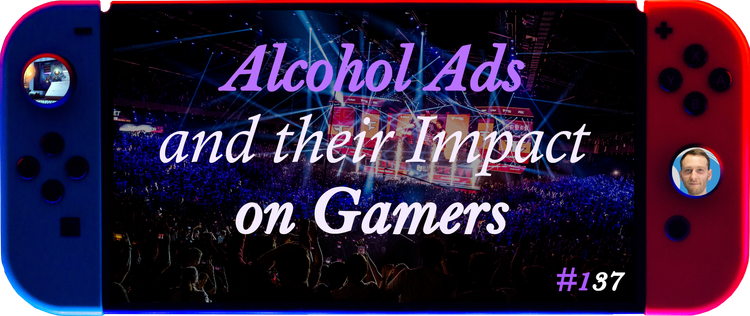The Personality of a Spender: Microtransactions Unpacked

A video game company has many ways to generate income. One of them is in-game microtransactions. Although there are many reasons to spend money in-game, some people may be more prone to it than others. How does your personality traits impact your spending behavior? Here's the answer!
• Microtransactions are one way of making money for businesses in the gaming industry.
• Different types of motivations impact if people purchase in-game items.
• Personality traits have an influence on gaming performance, how much people play, and potentially in-game purchases.
• "Individuals with high openness have a higher curiosity for novelty, which may drive them to open loot boxes or proceed to new game stages faster through microtransactions." [1]
• When controlled for narcissism and greed, personality traits are not a significant factor, but greed was.
With billions of people playing video games around the globe 24/7, the gaming industry has a huge population to monetize. Broadly speaking, three ways exist:
- By selling the game itself—pay-to-play games.
- Free games often provide advertising space for other businesses.
- Microtransactions, where players can unlock in-game features, such as special items, characters, and abilities. These types of games are often called freemium games. On top of that, many games provide loot boxes that contain random items. However, the odds of getting the pursued item are often unknown, making it psychologically akin to gambling. That's why it's mandatory in China and Korea to indicate probabilities of loot boxes.
"Microtransactions not only cause economic problems but also relate to game addiction... [as] there was a positive correlation between loot box engagement and problem gambling severity [in one study]." [1]
In another study, mobile game addiction was positively associated with spending money in-game. Meaning, those who bought loot boxes were more likely to spend more time gaming and suffered from higher levels of mental distress.
But why do people spend money in-game at the first place? From a scientific perspective, there are various motivations to do so:
- Utilitarian-oriented purchases: gamers purchase to gain a competitive advantage or satisfy their need to progress faster in the game.
- "Social-oriented purchases arise when a player wants to look good/superior/distinct/similar to other players or as a form of social protocol within gift giving." [1]
- Hedonic-oriented purchases: players are motivated to buy in-game items to increase their pleasure within the game.
The second major part is personality traits. We know that personality traits have an impact on various aspects related to video games, such as performance, preference for in-game roles, how much someone plays or develops a problematic relationship to video games. So, what about the impact of personality traits on in-game purchasing behavior?
🤑 Buy Like You Can't Stop It
"The results indicated that those who had made in-game microtransactions appeared to be greedier and more narcissistic than those who had not." [1]
That's an interesting one, right? According to the researchers, people's materialistic desires translate into the virtual world, in turn affecting the willingness to spend money. Interestingly, this willingness decreased with age, potentially explained by the fact that older people game less, due to having family and job responsibilities.
With regards to narcissism: there are two possible reasons. One, narcissists are more sensitive to rewards that go hand in hand with risky behavior. As a consequence, narcissists may be more likely to purchase risky loot boxes that may have a huge reward. Second, narcissism also implies, according to the researchers, that "people make in-game microtransactions to attain a superior position as well as win the admiration of other players." [1]
"... participants who had made in-game microtransactions (i.e., the microtransaction group) scored higher on extraversion and openness." [1]
Extroverts typically have more social interactions, which leads to having more occasions to present themselves. If you buy a cool-ass looking item, you want others to see it.
"Individuals with high openness have a higher curiosity for novelty, which may drive them to open loot boxes or proceed to new game stages faster through microtransactions." [1]
Interestingly, however, when narcissism and greed were included in the analysis, the significant effect of personality traits disappeared. This means that, when controlled for narcissism and greed, personality traits are not a significant factor anymore. This suggests that "that narcissism or Big-Five personality traits are not decisive factors of purchase." [1]
🥡 The Takeaways
Although personality traits appear to not play a role in spending money in-game, greed did. However, it should be noted that there are still other factors such as different kinds of motivations or the nature of gambling-like behavior from loot boxes.
Hope you enjoyed this episode. See you
Christian 🙂

References
[1] Dai et al., 2024






